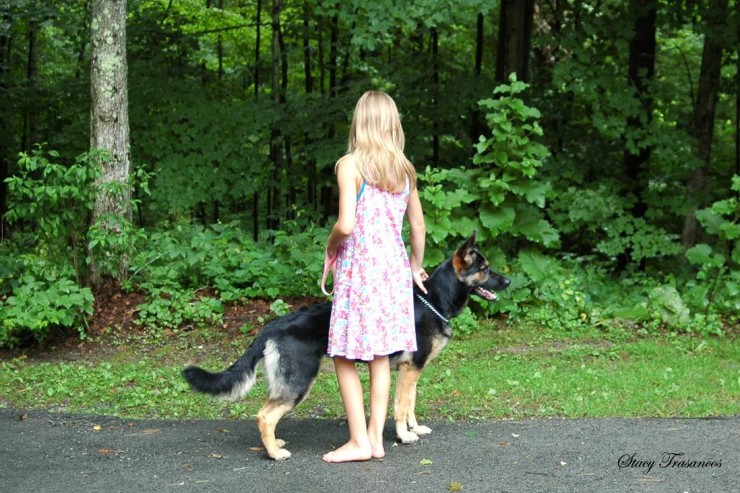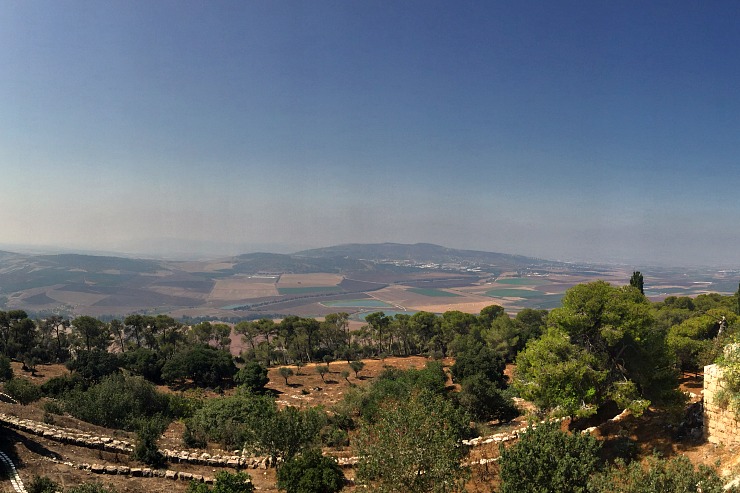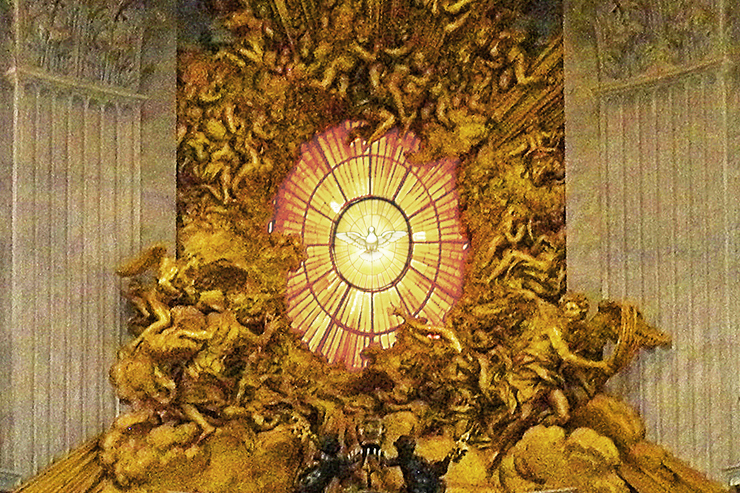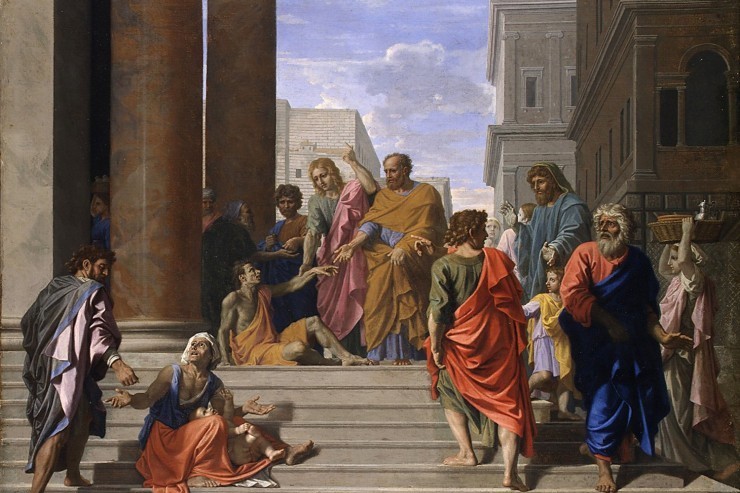Did you ever think about how human beings and trees differ? Trees are what they are. Any element, molecule, compound, computer chip, rocket ship, or plant exists according to a certain orderliness of matter. But the human being exists as a being in a radically different manner from inanimate matter or other living things. Even the noblest creatures are what they are independent of their own reason or will. No one can convince a dog, for instance, that he ought to act like a real dog (I’ve tried). Not so with humans.
The difference is our power of virtue.
Consider physical power. The power of a machine refers to the physical ability to do work. Hence, the maximum potential output from an engine is measured as mechanical horsepower, a comparison to the work that horses can do. When the machine achieves its maximum potential, we say the machine has reached the fullest expression of its capacity.
St. Thomas Aquinas defined virtue for human beings similarly as an ultimum potentiae. The German philosopher, Josef Pieper, interpreted this to mean “the utmost best a person can be.” Unlike elements, machines, plants, or animals, human virtue implies a lifelong perfection of the spiritual powers of intellect and will. Humans have rational souls, which instill us with the power to act rationally, to make choices, to love, to seek God.
Children, therefore, need to be taught to practice virtue so they can realize their fullest potential, worth, and goodness. To do this, they need love. Virtue begins with the highest love, caritas. Aquinas called this love the “mother and the root of all the virtues.” From their earliest age, children need to be told that God loves them, so they can discover true hope. They need to be told they ought to love God and reach beyond themselves for Him. Children need to be told they ought to find the goodness in the existence of God, nature, others, and themselves. In realizing such meaning and purpose, children need to be taught they ought to listen for the voice of God in faith.
Then children need to be taught they ought to be prudent, to have an openness to reality and to accept honestly the unveiling of truth through reason. Children need to be taught they ought to be just, to respect and love others, and give others their due. Children need to be taught they ought to be brave, and they ought to realize the good in the world, willing in fortitude to accept injury for the sake of truth and justice. Children need to be taught they ought to practice self-discipline so as to protect themselves from self-destruction. Children need to hear, “You ought to act like a human.”
Because they will if they are raised up in love.
In this modern materialistic age, most children never hear such things. Many children are treated as mere commodities, trophies, or inconveniences—but that doesn’t make them any less human. It only chains them from becoming who they were meant to be.
Sources and Further Reading:
- Thomas Aquinas, Summa theologiae, I-II, Questions 55 and 62.
- Josef Pieper, An Anthology (San Francisco: Ignatius Press, 1989), Essays “The Ultimate,” “Ought To” and “Seven Statements,” p. 3-8.
If you liked this article, please share it with your friends and family using both the Recommend and Social Media buttons below and via email. We value your comments and encourage you to leave your thoughts below. Thank you! – The Editors















